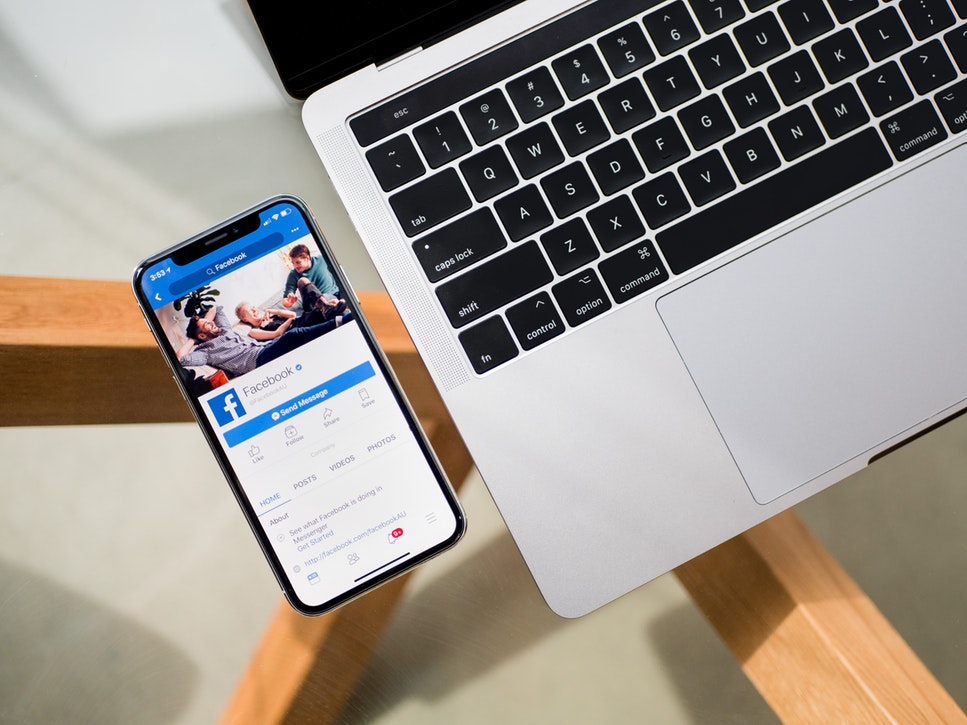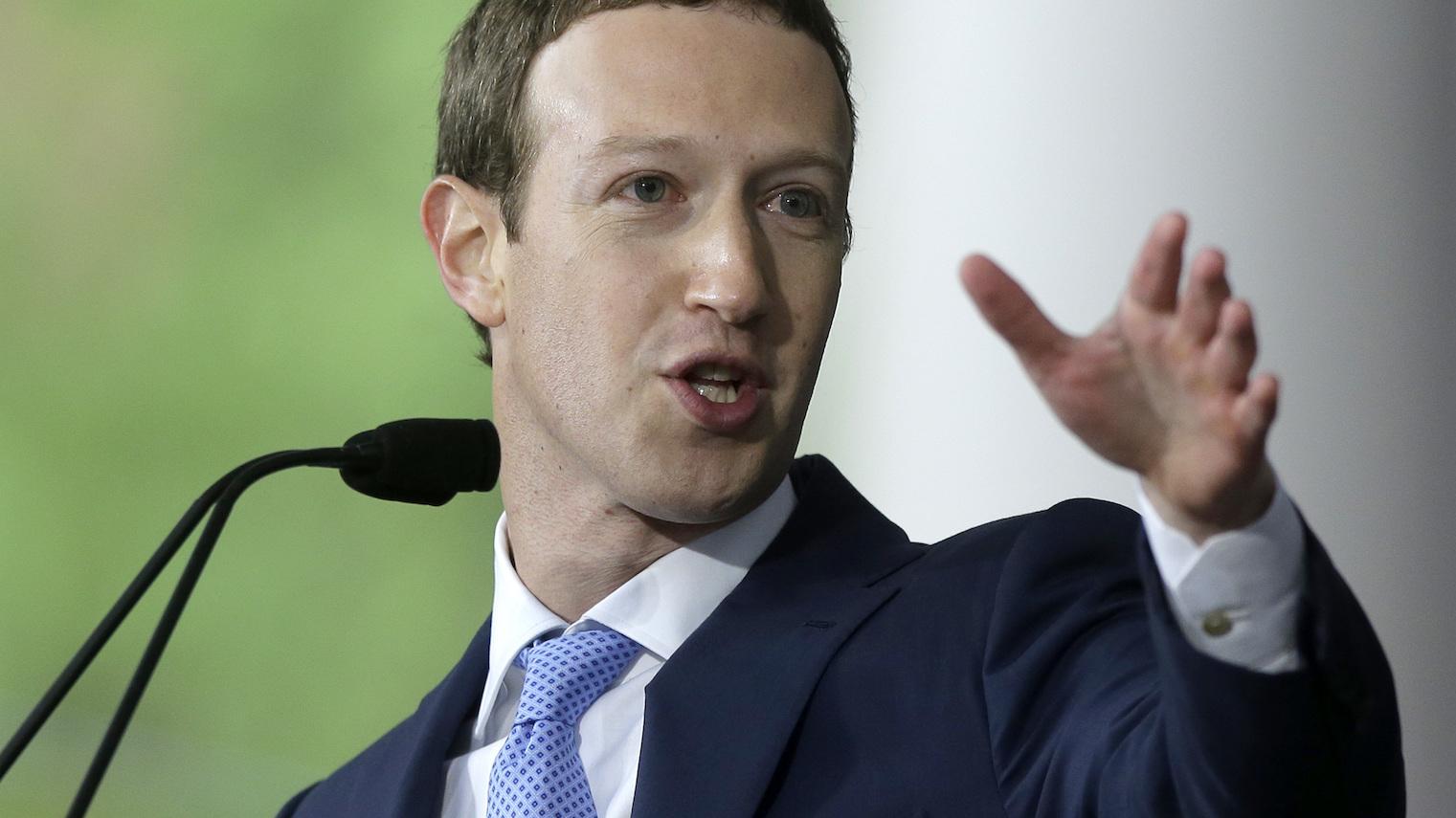Several scandals have been associated with the social network Facebook in the past, but the current one seems to be the most significant in terms of scope and severity. In addition, other smaller scandals are being added to the affair - as part of the latest one, Facebook deleted Mark Zuckerberg's messages. What actually happened?
When messages disappear
Last week, a number of news sites came out with the announcement that the social network Facebook deleted the messages of its founder Mark Zuckerberg. These were messages sent, for example, to former employees or people outside Facebook - the messages disappeared entirely from the inboxes of their recipients.
For quite some time, Facebook carefully avoided explicitly admitting responsibility for this move. “After Sony Pictires' emails were hacked in 2014, we made several changes to protect the communications of our executives. Part of them was limiting the amount of time that Mark's messages would remain in Messenger. We have done so in full compliance with our legal obligations regarding the retention of messages," Facebook said in a statement.
It could be interest you

But does Facebook really have such broad powers? TechCrunch editor Josh Constine noted that there is nothing in the publicly known rules that authorizes Facebook to delete content from user accounts as long as the content does not violate community standards. In the same way, the ability of users to delete messages does not apply to other users - the message that you delete from your mailbox remains in the inbox of the user with whom you are writing.
It is not entirely clear what exactly Facebook wanted to achieve by deleting Zuckerberg's messages. The knowledge that a company is capable of manipulating the contents of its users' inboxes in such a way is disturbing, to say the least.
It looks like the popular social network and its CEO will not have peace even after the Cambridge Analytica case seems to have died down. User trust has been severely damaged and it will take some time for Zuckerberg and his team to regain it.
Yes, we read your messages
But the "Zuckerberg case" was not the only problem that arose in connection with Facebook and its Messenger. Facebook recently admitted that it closely scans the written conversations of its users.
According to Bloomberg, authorized Facebook employees analyze the private written conversations of their users in the same way they review publicly available content on Facebook. Messages that are suspected of violating the community rules are reviewed by moderators, who may take further action on them.
"For example, when you send a photo on Messenger, our automated systems scan it using comparative technologies to determine whether it is, for example, objectionable content. If you send a link, we scan it for viruses or malware. Facebook developed these automated tools to quickly stop inappropriate behavior on our platform," a Facebook spokeswoman said.
Although today probably few people have any illusions about the observance of privacy on Facebook, for many people, reports of this kind that have recently come to light are strong reasons for leaving the platform for good.
Source: TheNextWeb, TechCrunch

